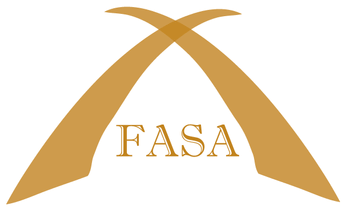Martin County School Board considers mass-action lawsuit against Snapchat, TikTok, YouTube
Joining a successful "mass-action" national lawsuit against social media companies could help pay for mental health programs and get students away from social media such as TikTok and Snapchat, School Board members argued at its July 8 workshop.
Other School Board members were unconvinced, saying suing large corporations to pursue "free money" is unlikely to create real change.
The lawsuit, filed in federal court in California, names the parent companies of Facebook, Instagram, Snapchat, TikTok and YouTube as defendants. It claims the social media companies used algorithms and addictive mechanisms targeting children. As children develop addiction to these social media sites and other mental health issues, schools have become impacted by incurring "a multitude of costs to address this problem," a statement from the law firm said in April.
As of April, about 46 of the 67 Florida school districts have joined the lawsuit, including St. Lucie and Indian River school districts, according to Wagstaff & Cartmell, a Missouri law firm and one of three law firms working on the lawsuit.
The school district has until September to join the lawsuit, which is likely to be heard in the courts in January 2026, said School Board Attorney Anthony George. There is no cost to the district, other than about 10 hours of administrative time, he said.
The payout, if the lawsuit is successful, could be substantial, George said.
Board members were divided as to whether to join.
"Social media has been very detrimental to our kids, causing mental health crises (and) addicting behavior, not to mention bullying through cyberbullying," said board member Brian Moriarty, who advocated joining the lawsuit. "It doesn't cost us anything. It's a 'win or get nothing' type scenario."
The district could use any money recovered in the lawsuit for after-school programs to help children avoid social media and mental health programs, he said.
Joining the lawsuit would send a message that the district "walks our talk," said board Chair Amy Pritchett.
"We are putting parameters and things in place to keep kids from using social media. It's important we do send a message," Pritchett said.
Board member Christia Li Roberts disagreed, saying that lawsuits such as these are unlikely to change anything.
"We're better off dealing with our issue locally and internally," said Roberts.
